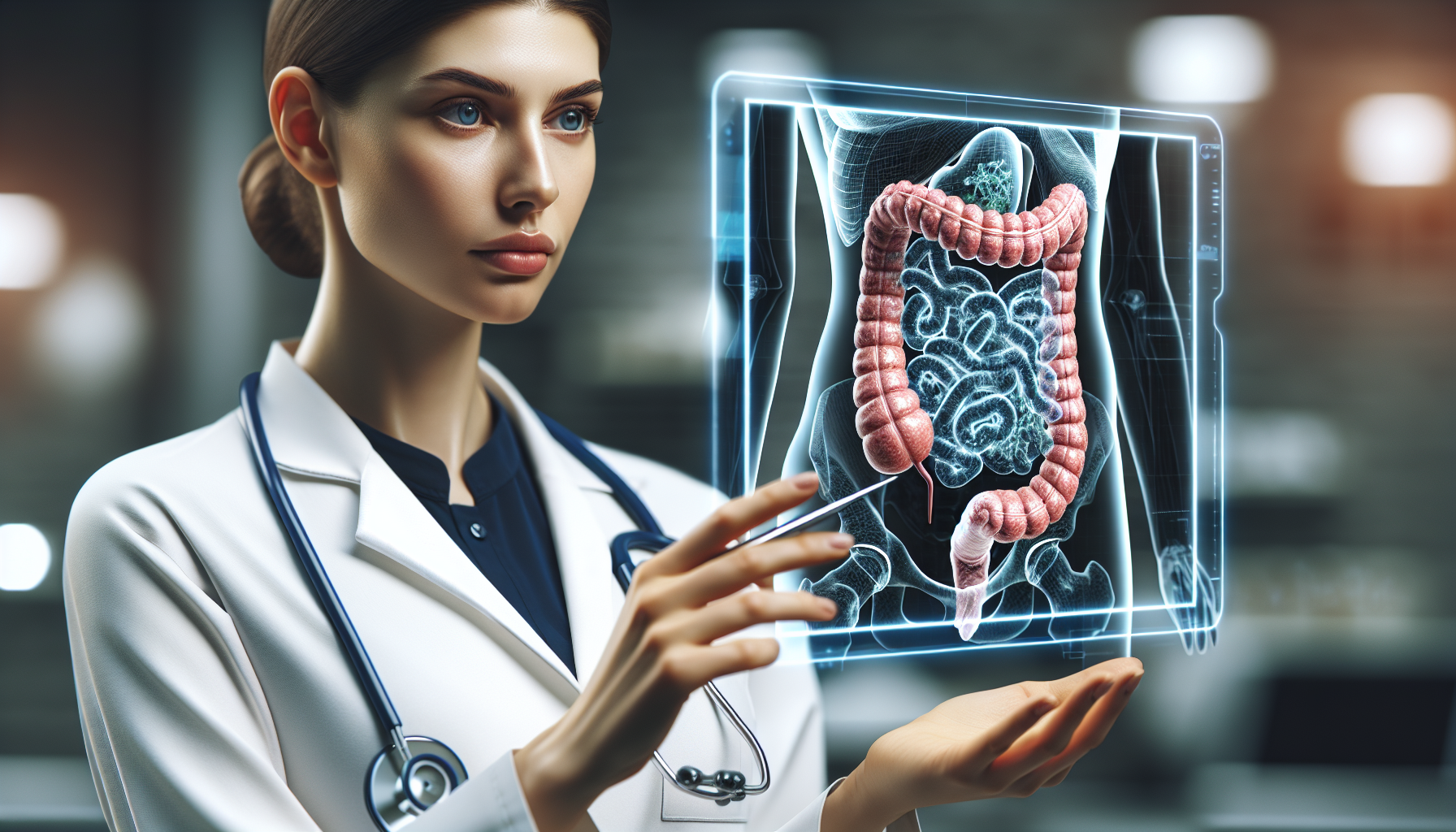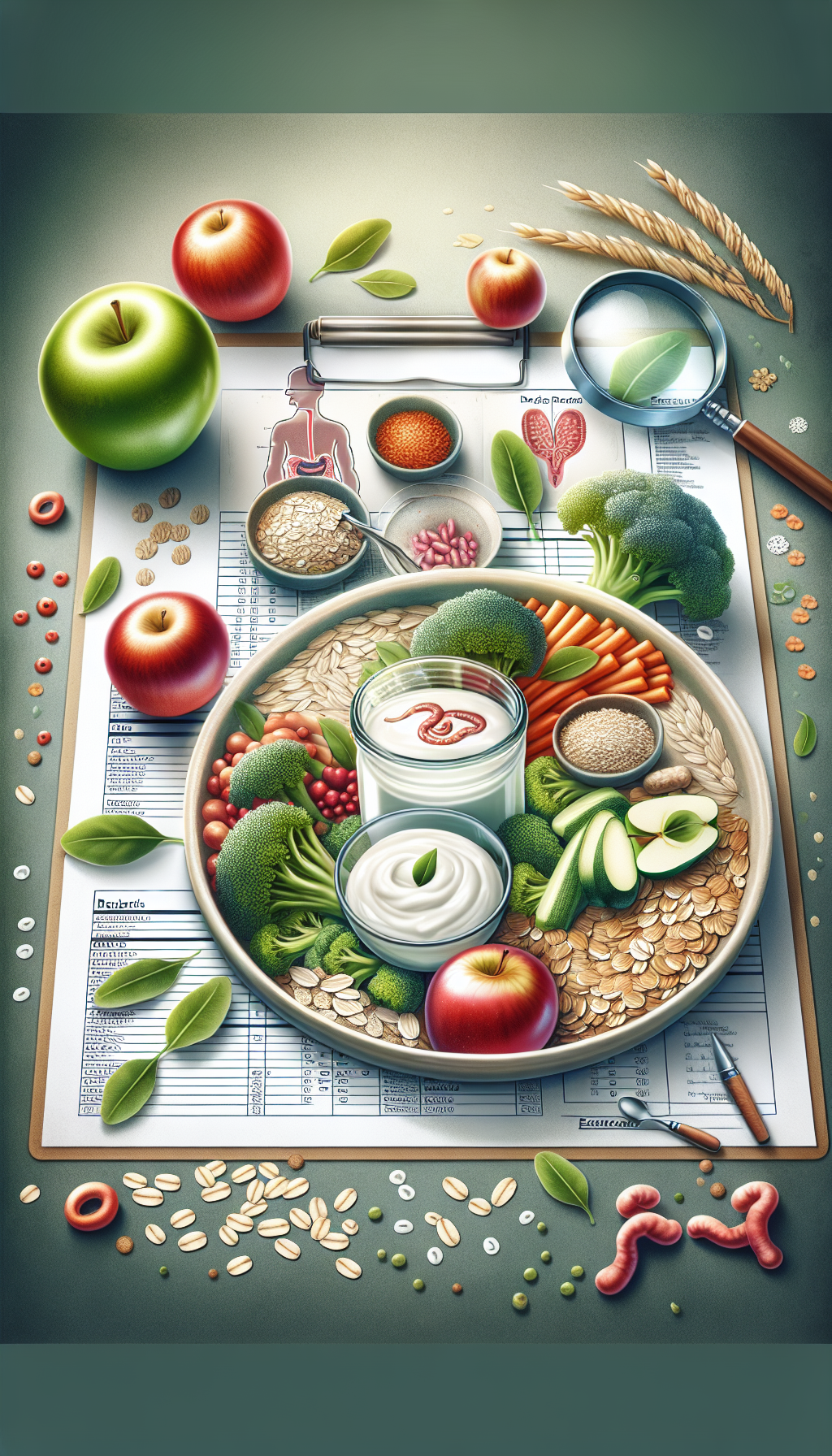Gastrointestinal (GI) infections can significantly impact our overall health and well-being. These infections are caused by a variety of pathogens, including bacteria, viruses, and parasites, and can lead to symptoms such as diarrhea, vomiting, abdominal pain, and fever. Early detection and treatment are crucial in preventing complications and ensuring a quick recovery. This comprehensive guide will delve into the intricacies of gastrointestinal infections, their early detection, treatment options, and preventative measures.
Understanding Gastrointestinal Infections
Gastrointestinal infections affect the stomach and intestines, causing inflammation and discomfort. The most common symptoms include:
- Diarrhea
- Nausea and vomiting
- Abdominal cramps and pain
- Fever
- Loss of appetite
- Dehydration
These symptoms can range from mild to severe and can lead to more serious health issues if not addressed promptly. It’s important to recognize these symptoms early and consult a healthcare provider for an accurate diagnosis.
The Importance of Early Detection
Early detection of GI infections is paramount to prevent the spread of infection and to mitigate the severity of the illness. Diagnostic tools such as stool tests, blood tests, and imaging studies are essential in identifying the causative agent of the infection. This guide on the role of diagnostic testing in gastrointestinal disorders provides an in-depth look at the various methods used to detect GI infections.
Treatment Options
Treatment for GI infections depends on the underlying cause. Bacterial infections may require antibiotics, whereas viral infections are typically managed with supportive care, such as rehydration and rest. For certain parasitic infections, antiparasitic medication will be necessary.
Rehydration Therapy
Dehydration is a common complication of GI infections due to fluid loss from vomiting and diarrhea. Oral rehydration salts (ORS) or intravenous fluids may be administered to replenish lost electrolytes and fluids. The World Health Organization provides a resource on the effectiveness of ORS in treating dehydration caused by diarrhea.
Dietary Management
During and after a GI infection, dietary adjustments can aid in recovery. Consuming bland, easy-to-digest foods such as rice, bananas, and toast can help. Gradually reintroducing regular foods as symptoms improve is recommended. For more information on managing diet during a GI infection, consider this resource on dietary recommendations.
Probiotics and Prebiotics
Probiotics contain beneficial bacteria that can help restore the gut’s natural flora, while prebiotics provide the necessary nutrients to promote the growth of these beneficial bacteria. The use of probiotics and prebiotics in managing GI infections is supported by research, as discussed in this clinical review on probiotics.
Preventative Measures
Prevention is key when it comes to gastrointestinal infections. Good hygiene practices, such as regular handwashing and safe food handling, are fundamental. Vaccinations for certain GI infections, like rotavirus, are also available and recommended.
The Connection Between Digestive Health and Overall Wellness
The health of the gastrointestinal system is intrinsically linked to the overall health of the body. A well-functioning digestive system is essential for proper nutrient absorption, immune function, and waste elimination. Maintaining digestive health can be supported by regular exercise, a balanced diet, and stress management. For an in-depth understanding of this connection, read about The Link Between Exercise and Digestive Health.
Related Health Topics
Certain GI infections may lead to or be associated with other health issues:
-
Digestive Health: Chronic GI infections can disrupt the digestive system’s normal function. Learn more about maintaining a healthy digestive system at Digestive Health.
-
Medication & Supplements: In some cases, medications or supplements may be necessary for the treatment of GI infections or the replenishment of lost nutrients. Find out more about proper medication and supplement use at Medication & Supplements.
-
Fitness: Physical activity plays a role in promoting digestive health and can help prevent certain GI infections. Explore the benefits of fitness with a focus on Fitness Planning for Shift Workers.
Conclusion
Gastrointestinal infections can be uncomfortable and potentially serious if not treated promptly. Early detection, proper treatment, and preventative measures are critical in managing these infections. By maintaining good hygiene, managing diet, and staying informed about digestive health, we can minimize the risk of developing a GI infection and promote overall wellness.
Remember to consult a healthcare provider if you suspect a GI infection and always seek medical advice for personalized treatment options. By taking a proactive approach to digestive health, we can ensure a stronger defense against gastrointestinal infections and a healthier life.
By staying informed and vigilant, we can effectively detect and treat gastrointestinal infections early, reducing their impact on our health and daily lives.



